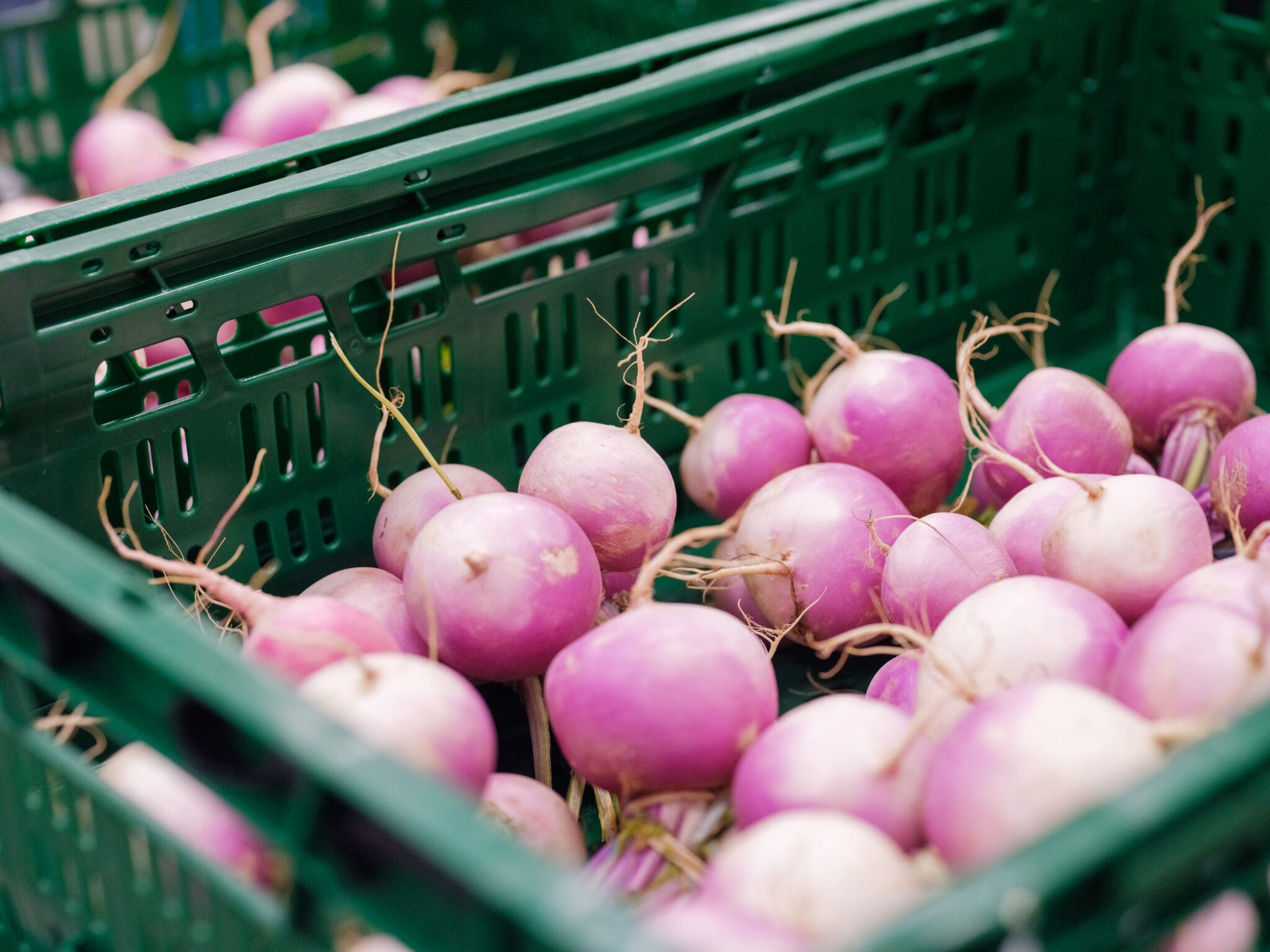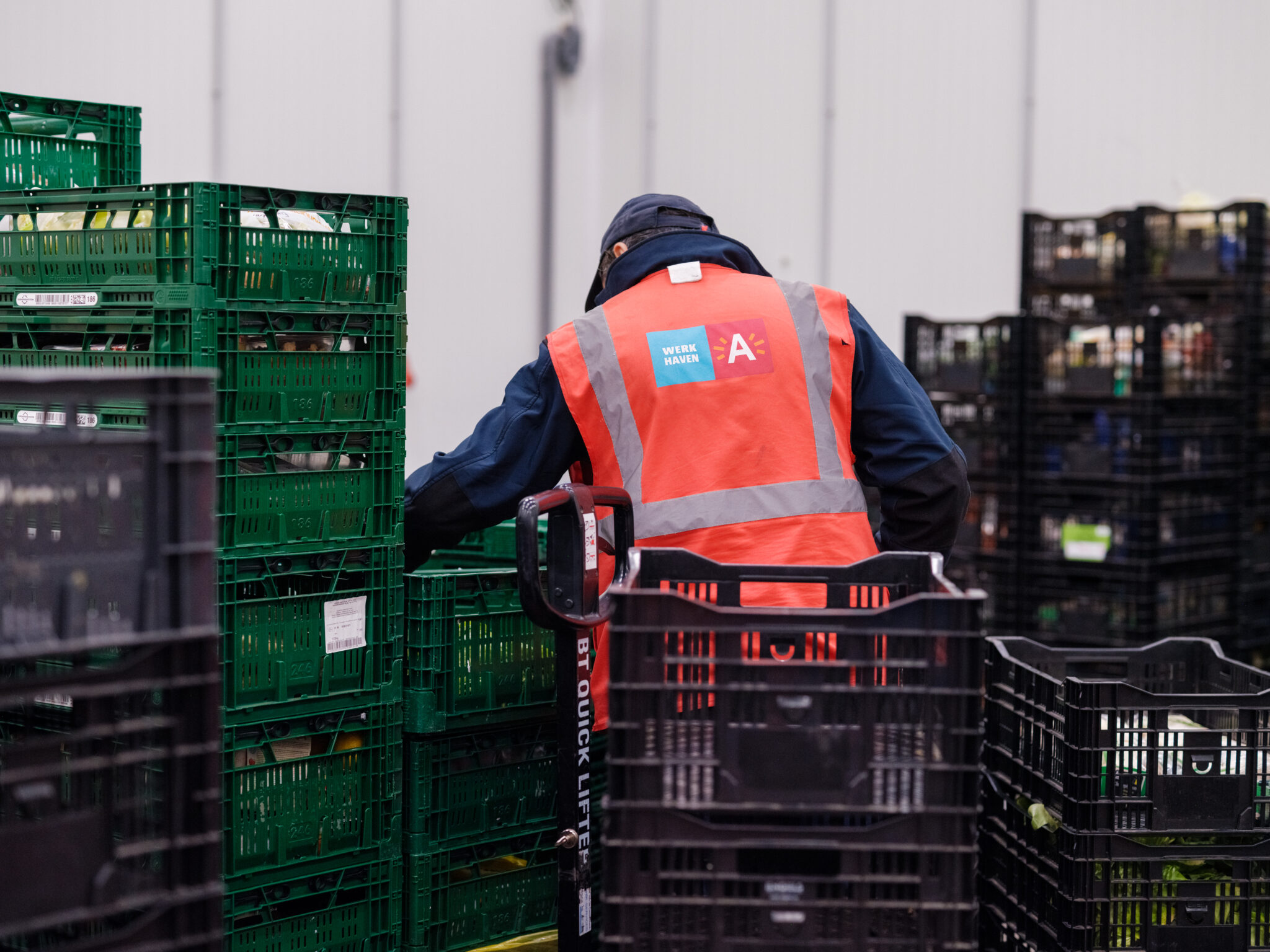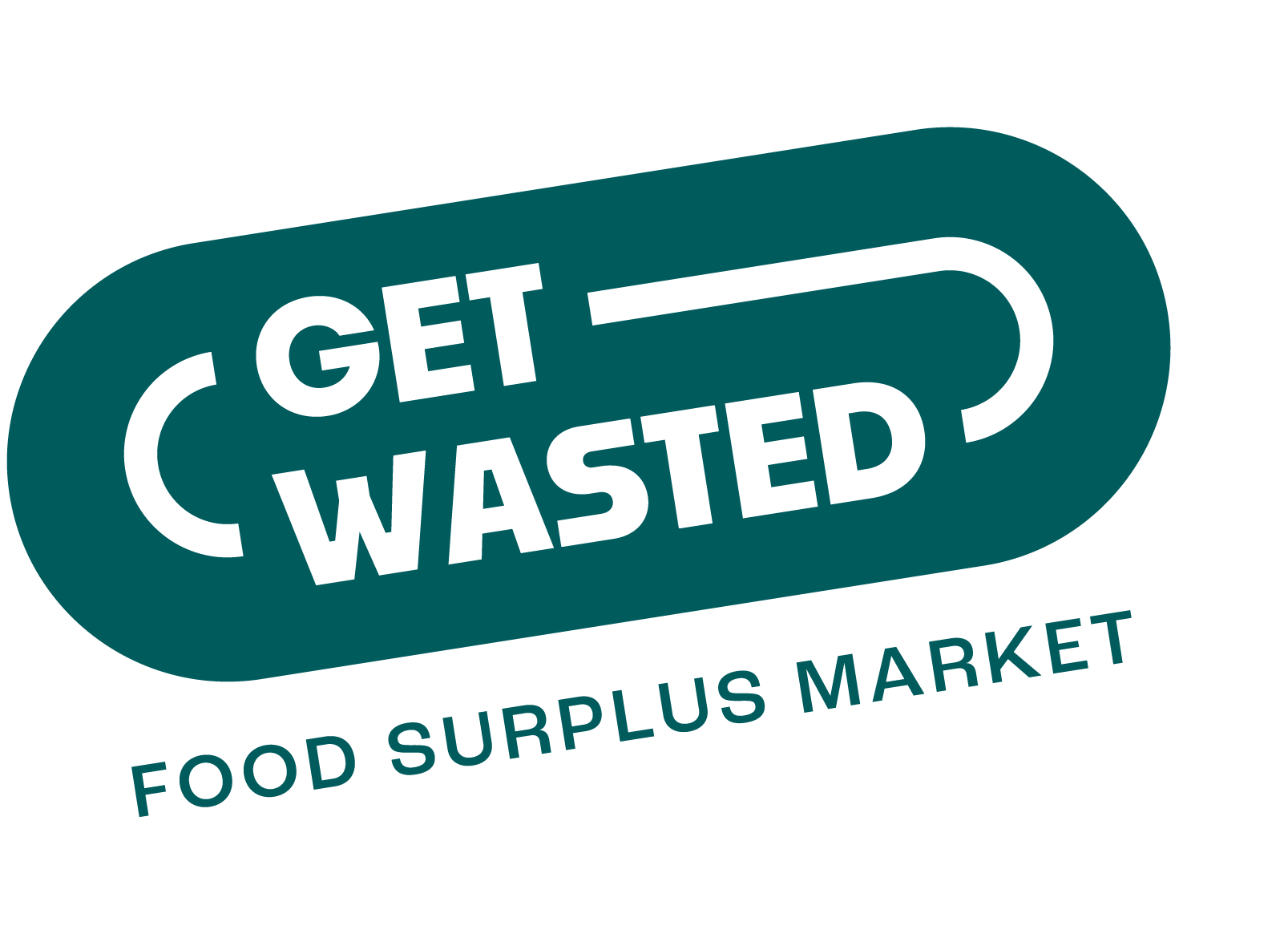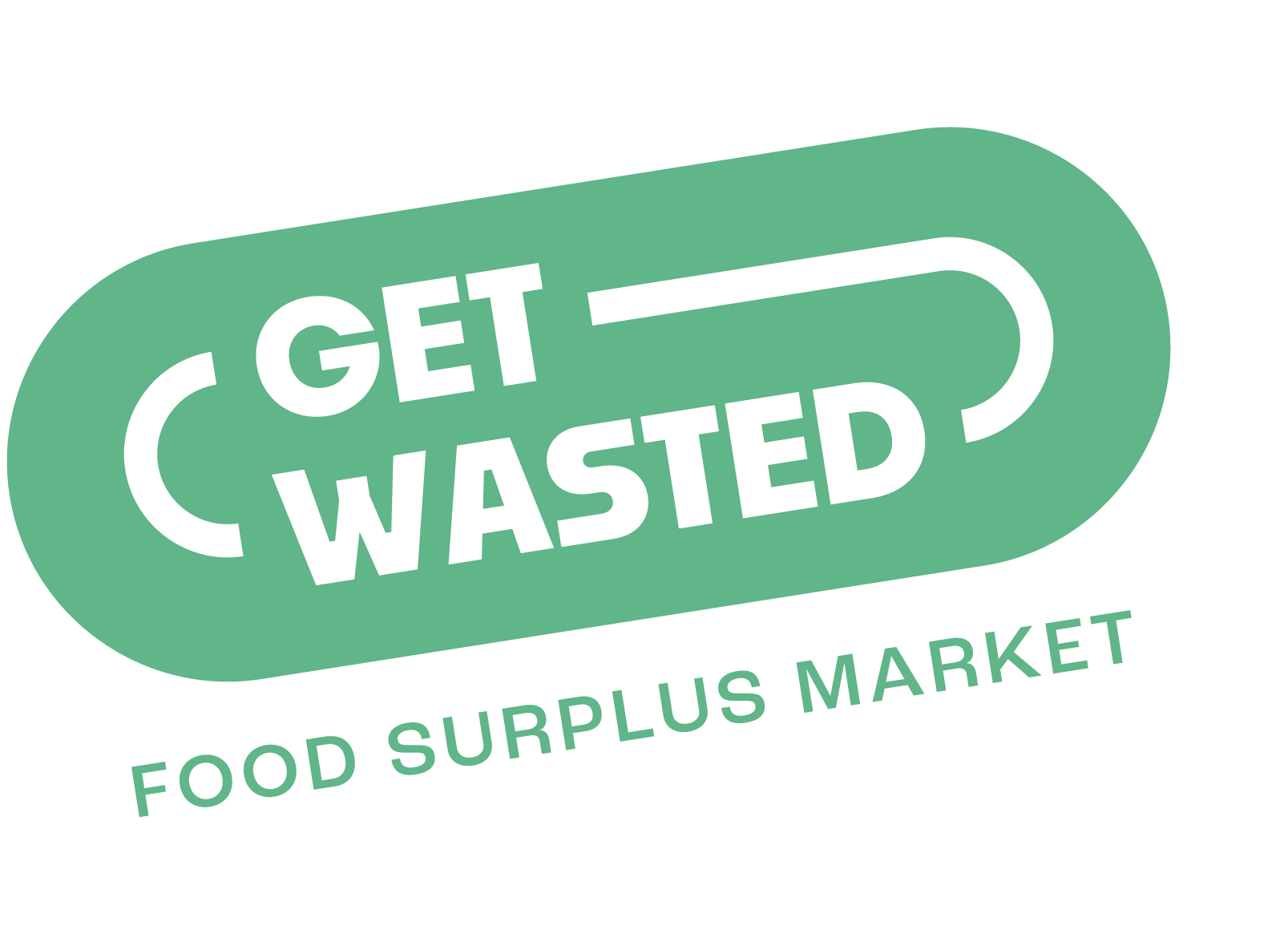blogpost
Een innovatief marktplatform creëren (2/2): Laten we het over logistiek hebben
Een van de grote uitdagingen bij het verduurzamen van ons voedselsysteem is het aanpakken van voedselverlies en voedselverspilling. Get Wasted wil met haar innovatieve marktplatform oplossingen bieden door voedseloverschotten, reststromen en afvalstromen een marktwaarde te geven. Naarmate het platform meer en meer tractie krijgt, ontstaat er een overvloed aan mogelijkheden en toekomstige toepassingen, net als de onvermijdelijke uitdagingen die oplossingen uitlokken. In dit deel duiken we in alles wat met logistiek te maken heeft. Lees hier het eerste deel van deze tweedelige serie, over waardebepaling en prijsbepaling, en vraag en aanbod.
23 maart 2023
deel dit artikel
Hoewel de perceptie van marktwaarde en de coördinatie van volumes zeker aanzienlijke uitdagingen zijn, is de grootste moeilijkheid voor Get Wasted en vergelijkbare circulaire platforms deze: logistiek. Logistiek, en de kosten, coördinatie en tijdschaal ervan, zijn op cruciale manieren verbonden met prijzen en vraag en aanbod. De uitdagingen hebben te maken met zowel afstand als volume. Afhankelijk van het volume van de afvalstroom is het wel of niet de moeite waard om ze te vervoeren als je de prijs van het transport meerekent.

Een tweede uitdaging is het verbinden van grote volumes met een kleine vraag en vice versa. Het is een kwestie van zijstromen samenvoegen en verstrooien om vraag en aanbod met elkaar te verbinden. Get Wasted onderzoekt het potentieel van omgekeerde logistiek en passieve koeling. "Omgekeerde logistiek is veelbelovend voor lokale partners die terugkerende samenwerkingsverbanden hebben", legt Frank De Meulder uit, Managing Director van Growzer, het hospitality CRM-platform waarop Get Wasted is gebouwd en zijn IT-partner. "Ze kunnen ruimte besparen in hun bestaande logistieke netwerk om ruimte in te bouwen voor overschotten en afvalstromen." Een tweede optie is het creëren van gecentraliseerde hubs waar restjes kunnen worden verzameld. "Werken met een hub lost het probleem van volume op, omdat je het in de hub kunt reorganiseren en herverdelen", vervolgt Frank De Meulder. "Omdat gedecentraliseerde voedselhubs schaars zijn, overwegen we om met passieve koeling te werken, omdat dit het behoud van de koudeketen garandeert, zonder dat je een speciaal magazijn hoeft te bouwen."

Op logistiek vlak is Get Wasted blij met de knowhow en ondersteuning van partner Foodsavers Antwerp (FA). FA maakt als distributieplatform deel uit van het Antwerpse sociale economiebedrijf Werkhaven. Sinds de oprichting in 2015 heeft FA de logistieke verwerking van voedselstromen naar Antwerpse voedselhulporganisaties systematisch ontwikkeld. FA is een logistieke last-mile partner sinds de pilootfase van Get Wasted. Ze willen verdere logistieke mogelijkheden verkennen en Antwerpse organisaties, buiten voedseldistributie, toegang geven tot Get Wasted. Net zoals bij uitdagingen rond prijszetting en vraag- en aanbodschommelingen, is het opschalen van Get Wasted een cruciale stap in het gladstrijken van logistieke problemen. Dit is precies wat Get Wasted hoopt te bereiken in samenwerking met Circulair Vlaanderen. Benieuwd naar de subsidie die Get Wasted ontvangt? Houd dan deze blog in de gaten.
laatste nieuws
De Bioweek is terug!
De Bioweek is terug! Van 1 tot 9 juni wil de hele Belgische bio-sector jong en oud inspireren om vaker voor bio te kiezen. Want kiezen voor bio is kiezen voor duurzaamheid. Een week vol leuke activiteiten waarbij bioproducenten in de kijker gezet worden.
Help jij mee om 300.000 kilo afgekeurde (biologische) knolselderij te redden?
Boer Ted en zijn vrouw Nicole zitten met een overvloed aan biologische knolselderij die niet voldoet aan het schoonheidsideaal van de consument. Tijd voor een reddingsactie!
Een duurzaam succesverhaal: meer dan 16 ton prei gered!
Vorige maand koppelden we preiproducent Groentenhof aan Hanssens Catering, zodat preioverschotten in soep kunnen worden verwerkt. Lees meer.
Samen met Europa tegen voedselverspilling!
Half maart gaf het Europees Parlement groen licht voor strengere doelstellingen om voedselverspilling tegen te gaan. Benieuwd wat het voorstel precies inhoudt?
Een innovatief marktplatform creëren (1/2): kansen en uitdagingen
In het eerste deel van deze tweedelige serie wordt gekeken naar waardebepaling en prijsstelling, en vraag en aanbod.
De Get Wasted pilot: overtollige groenten omzetten in soepen voor scholen
In Antwerpen fungeert Get Wasted als een matchmaker tussen groothandelaars en scholen om overschotten te bewaren.

